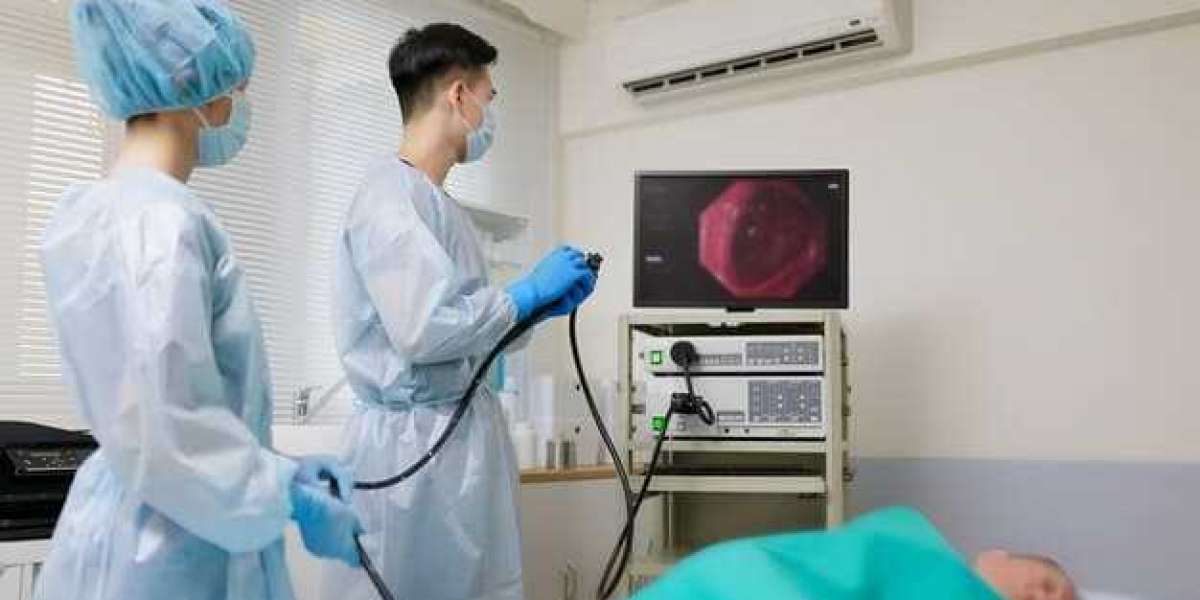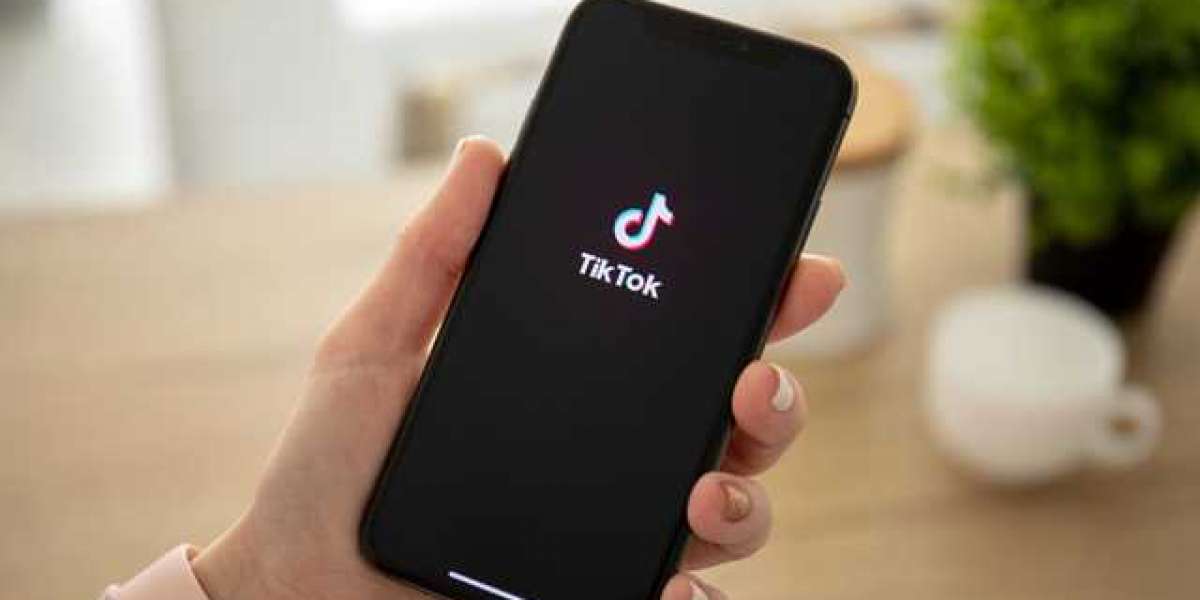Endoscopy has become an essential procedure in modern medicine, enabling healthcare professionals to diagnose and treat various gastrointestinal issues effectively. For many patients, opting for a private endoscopy clinic in Manchester can provide a more personalized and efficient experience compared to traditional public healthcare systems. This article delves into what patients can expect when choosing a private endoscopy clinic, highlighting the benefits, the procedure itself, and the overall patient experience.
Understanding Endoscopy
Endoscopy is a minimally invasive procedure that allows doctors to examine the interior of a patient's body using a flexible tube equipped with a camera and light. It is commonly used to assess conditions affecting the gastrointestinal tract, including the esophagus, stomach, and intestines. The procedure can also be utilized for therapeutic purposes, such as removing polyps or taking biopsies.
The decision to undergo an endoscopy often arises from symptoms such as persistent abdominal pain, unexplained weight loss, gastrointestinal bleeding, or changes in bowel habits. While many patients may initially seek treatment through the National Health Service (NHS), private endoscopy clinics offer a range of advantages, including reduced waiting times, enhanced comfort, and personalized care.
The Advantages of Choosing a Private Endoscopy Clinic
1. Reduced Waiting Times
One of the most significant benefits of opting for a private endoscopy clinic in Manchester is the reduction in waiting times. NHS waiting lists can be lengthy, leading to delays in diagnosis and treatment. Private clinics typically offer more flexible scheduling, allowing patients to book appointments at their convenience. This expedited access to care is particularly crucial for individuals experiencing concerning symptoms that require timely evaluation.
2. Personalized Care
Private endoscopy clinics often prioritize patient-centered care, providing a more individualized approach to treatment. From the moment patients enter the clinic, they can expect to receive attentive service from healthcare professionals who take the time to understand their unique needs and concerns.
Patients may have the opportunity to meet with their endoscopist before the procedure to discuss their medical history, symptoms, and any questions they may have. This personalized interaction fosters a sense of trust and reassurance, allowing patients to feel more at ease during the process.
3. Advanced Facilities and Technology
Private endoscopy clinics are typically equipped with state-of-the-art technology and facilities, ensuring that patients receive high-quality care. The latest advancements in endoscopic equipment can enhance the accuracy of diagnoses and improve patient outcomes. For example, high-definition cameras and advanced imaging techniques allow for clearer visualization of the gastrointestinal tract, making it easier for specialists to identify abnormalities.
Furthermore, many private clinics invest in creating a comfortable and calming environment for patients. This focus on patient experience can significantly reduce anxiety associated with medical procedures.
What to Expect During the Endoscopy Process
1. Initial Consultation
Before the procedure, patients will usually attend an initial consultation with their endoscopist. During this appointment, the doctor will review the patient’s medical history, conduct a physical examination, and discuss the reasons for the endoscopy. Patients are encouraged to ask questions and voice any concerns they may have.
The endoscopist will also explain the procedure in detail, including what to expect, the preparation required, and potential risks or complications. This thorough discussion aims to ensure that patients feel informed and comfortable with their decision to proceed.
2. Preparation for the Procedure
Proper preparation is vital for an effective endoscopy. Patients will receive specific instructions regarding dietary restrictions and bowel preparation leading up to the procedure. This may involve following a clear liquid diet for a day or two before the endoscopy and taking laxatives to empty the bowel completely.
Adhering to these instructions is essential, as a clear view of the gastrointestinal tract is necessary for accurate diagnosis. Patients should also inform the clinic of any medications they are taking, as some may need to be paused or adjusted prior to the procedure.
3. The Endoscopy Procedure
On the day of the endoscopy, patients will arrive at the clinic and undergo a pre-procedure assessment. This may include checking vital signs and confirming the patient’s identity and the procedure being performed. The healthcare team will ensure that patients are comfortable and address any last-minute questions.
During the procedure, patients are typically given sedatives to help them relax and minimize discomfort. The endoscopist will carefully insert the flexible tube into the appropriate area (such as the esophagus, stomach, or colon) and begin the examination. The duration of the procedure varies, but it usually lasts between 15 to 30 minutes.
Patients may experience some mild discomfort during the procedure, such as bloating or cramping, but these sensations are generally temporary. The healthcare team will monitor patients closely throughout the process to ensure their safety and comfort.
4. Recovery and Aftercare
After the endoscopy, patients will be taken to a recovery area where they can rest until the effects of the sedation wear off. It is common to feel groggy or drowsy following the procedure, so patients are advised to have someone accompany them home. The clinic staff will provide post-procedure instructions, including dietary recommendations and information on what to expect in the following days.
If biopsies were taken during the procedure, patients will typically receive results within a few days. The endoscopist will discuss the findings in detail during a follow-up appointment, addressing any further questions or concerns.
The Role of Follow-Up Care
Follow-up care is an essential aspect of the endoscopy process. Depending on the findings, the endoscopist may recommend additional tests or treatments. Patients should feel empowered to communicate openly with their healthcare provider about any ongoing symptoms or concerns after the procedure.
Moreover, private endoscopy clinics often provide resources for lifestyle changes, dietary advice, or referrals to specialists if needed. This holistic approach to care can significantly contribute to long-term health and well-being.
Conclusion
Choosing a private endoscopy clinic in Manchester offers numerous benefits, including reduced waiting times, personalized care, and access to advanced facilities. Understanding what to expect from the process can help alleviate anxiety and empower patients to make informed decisions about their health.
From the initial consultation to the procedure itself and follow-up care, patients can anticipate a comprehensive and supportive experience. If you are considering an endoscopy, take the first step toward better health by reaching out to a qualified provider. For expert care and tailored services, consider contacting EndoCare Diagnostics today. Ensure your health is in good hands—schedule your consultation and experience exceptional care!







